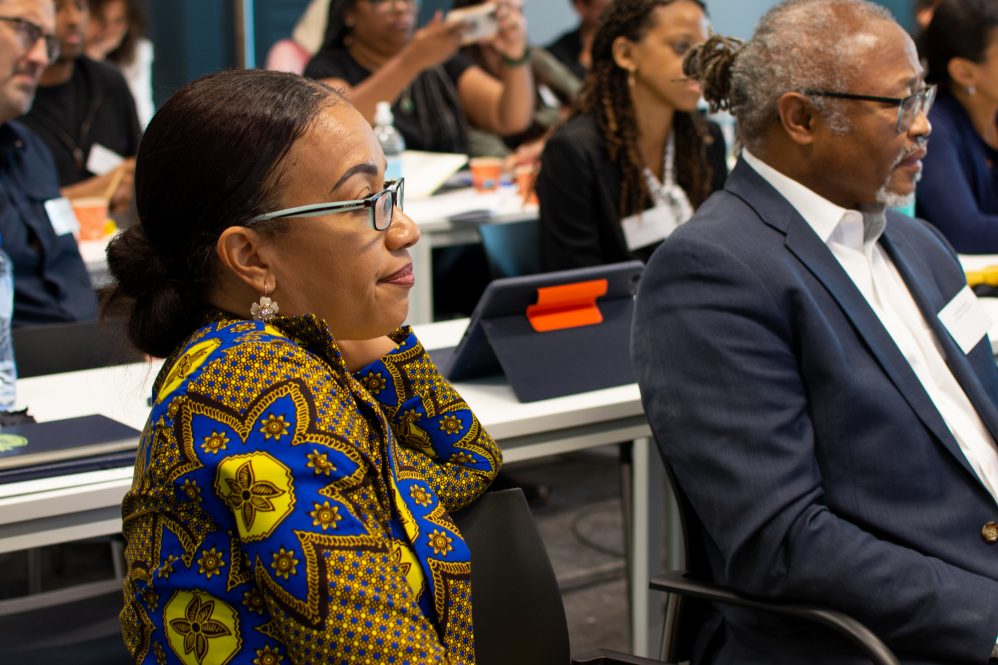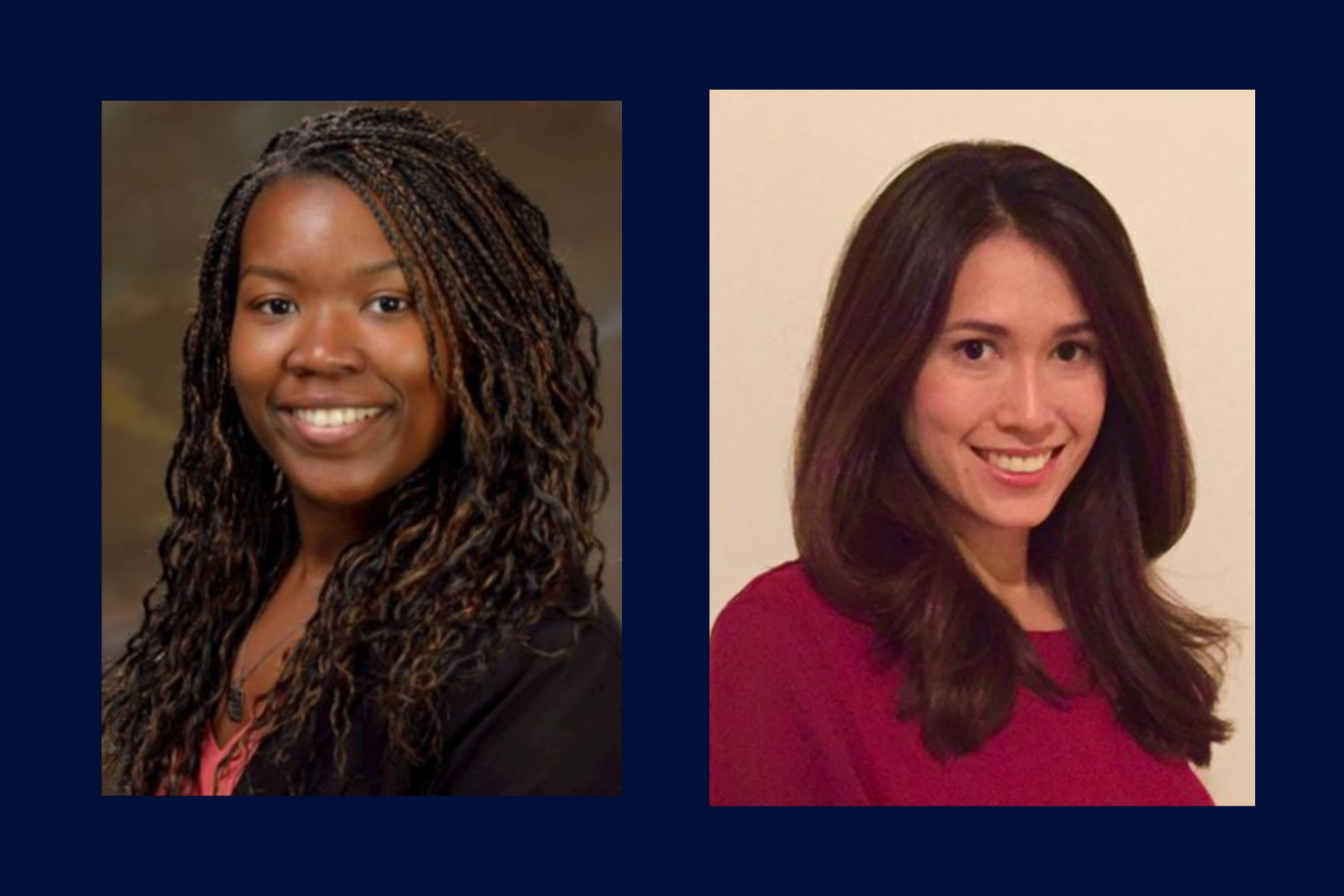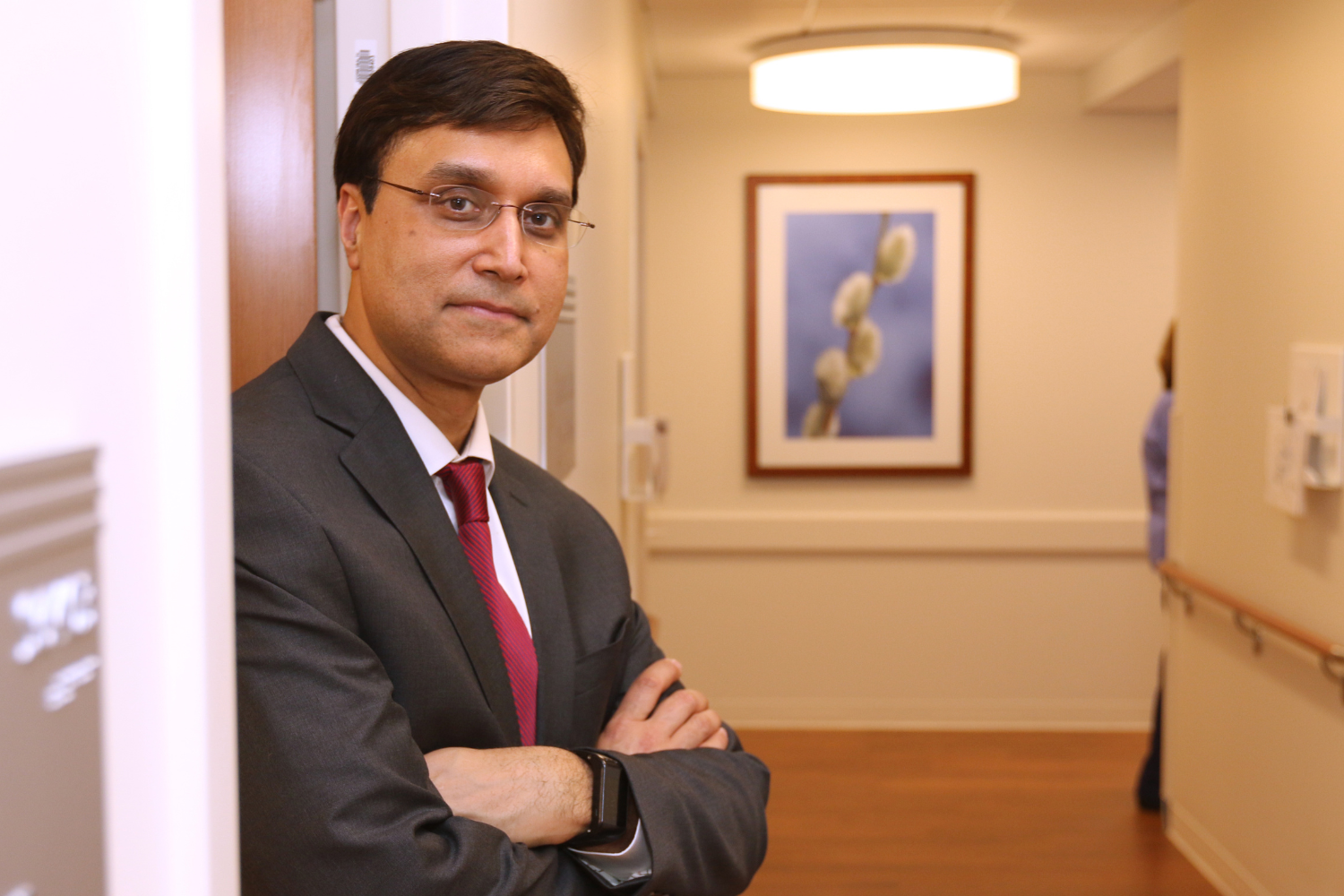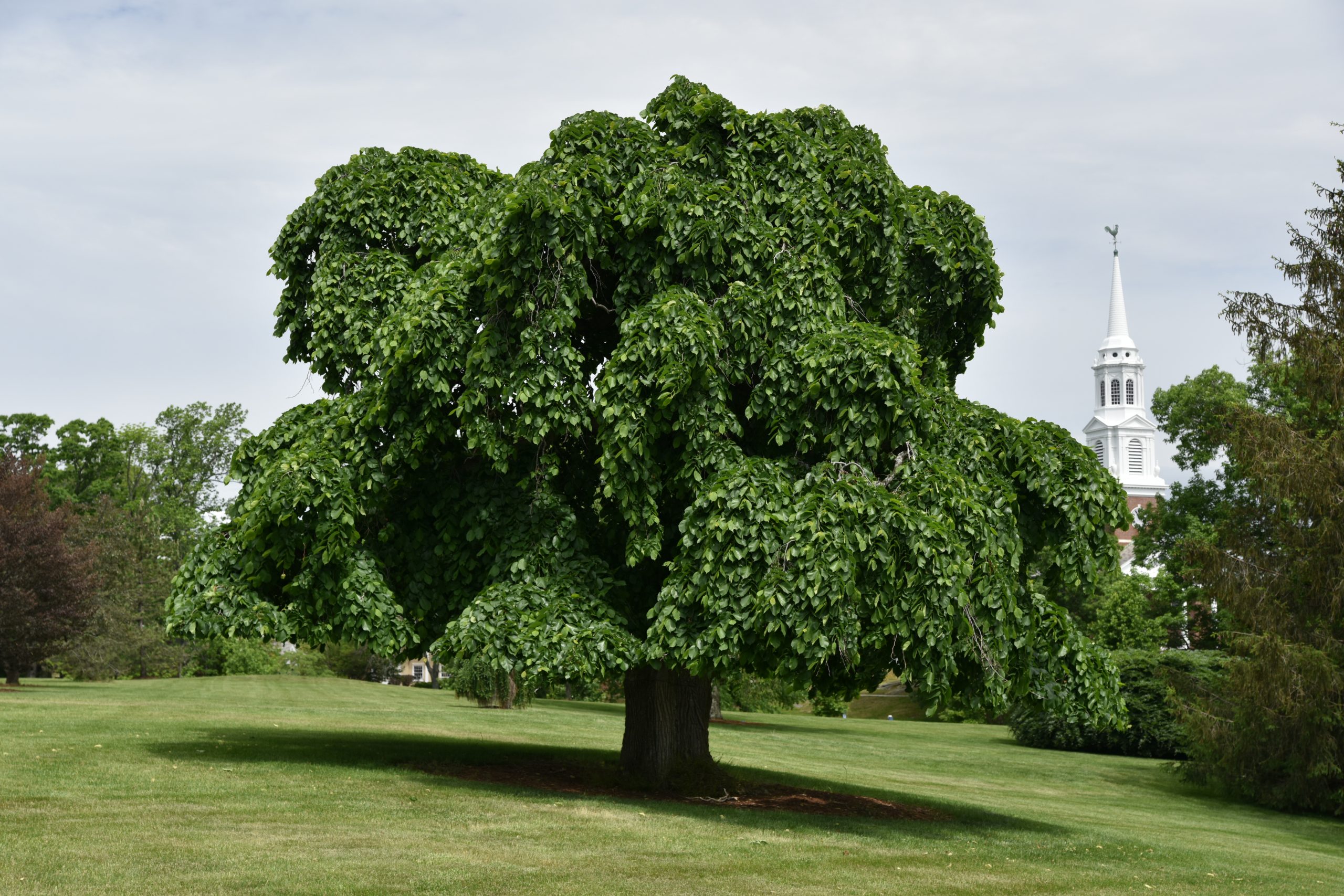Similar to the way the world came together to develop a response to COVID-19, a group of UConn administrators, faculty, and graduate students are hopeful the world of higher education can unite to fight racism – even if it’s one campus at a time.
The work of ICARE4Justice – or the Intersectional and Comparative Advancement of Racial Equity for Social Justice – started in July with the first of three summits for UConn, University of Nottingham, University of Amsterdam, and The Hague University of Applied Sciences representatives to talk about how to promote equity better and more effectively on their campuses.
“We observed very well during the pandemic how the world came together,” UConn Neag School of Education Director of Global Education, UConn Hartford Director of Academic Affairs, and summit co-organizer Saran Stewart says. “It hit as a pandemic across the world, and we saw how nations came together to really look at this crisis. But we’ve been dealing with anti-racism and anti-Blackness for much longer than the pandemic.”
She says she and UConn Vice President and Chief Diversity Officer Franklin A. Tuitt conceived the summit as a way “to bring together critical thought leaders who have been doing this work and try to figure out a framework for our higher education institutions to look at better systemic approaches to essentially eradicate racism and multiple intersecting levels of oppression.”
To that end, Stewart and Tuitt partnered with the Office of Global Affairs and tapped their international connections at the other three universities and the Dutch nonprofit ECHO, which works in diversity policy, to build a summit series that started in the Netherlands, will move to UConn next spring, and reconvene a third time in the United Kingdom in 2024.
Taking a Global View of Justice and Equity
The group recently received funding for the UConn leg of the summit that’s expected to coincide with the annual anti-racism conference at UConn Hartford.
“Having international partners question why we do things in a certain way opens up our minds and allows us to think differently about some of the things we’ve been trying to address for quite some time,” Tuitt says. “We can get situated in our own context that in a way puts up blinders. There’s something about getting out of that context that is freeing and helps to unleash our emancipatory imagination to create opportunities for us to think about things we wouldn’t normally think about because we’ve been in this routineness.”
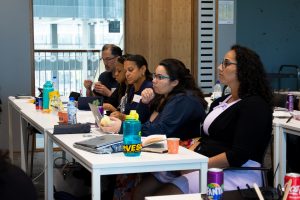
The group is expected to publish a policy brief imminently and will put out a series of podcasts that were recorded during the summer summit. The podcasts will be available on UConn’s Diversity, Equity, Inclusion, and Justice website alongside its HEART podcast.
In addition to UConn’s grant that will support next spring’s summit, the University of Nottingham is seeking a roughly $5.7 million grant for continued work. Further, presentations were made at this month’s International Equity, Diversity, and Inclusion in Higher Education Conference at Coventry University in the United Kingdom. There also will be a presentation at November’s Association for the Study of Higher Education conference in Las Vegas.
But how will the international work affect students, faculty, and staff at UConn?
“Because we had such a broad array of participants from nursing, from philosophy, from education – we just had people from all different parts of our system engaged – you’ll start to see the reflection of those individual experiences in the work that they do and I believe that will have a ripple effect,” Tuitt says.
‘You Don’t Understand the Makeup of the Ocean Until You Dive’
Vice Provost for Faculty, Staff, and Student Development Michael Bradford, who was one of 10 participants from UConn and who is a professor in the dramatic arts department, already has started to look at professional situations differently.
He says a recent situation within an academic administrative unit normally would have included the formation of a committee or the naming of a DEI champion to help find a solution. That, he says comparatively, would have been like launching a boat on the surface of the ocean.
“You don’t understand the makeup of the ocean until you dive,” he says. “What you created just kind of floats along the surface and sooner or later the issues that affect what’s happening begin to bubble up and you have problems.”
So, he’s considering ways to go overboard and fix what’s festering at the bottom.
“Former President Tom Katsouleas tasked each unit to have a DEI entity and strategic plan within their individual units,” Bradford says. “Most of us did that, we created that, me included, not thinking about the work that was necessary for that entity to be successful. We need to come together and figure out what our actual issues are, what our biases are, what our unconscious biases are, to figure out what we need to do when this group comes together or what this group is going to be up against.”
He spoke with Tuitt about taking a step back and creating a larger University-wide entity to work with individual DEI groups so they can be successful in reaching their end goals.
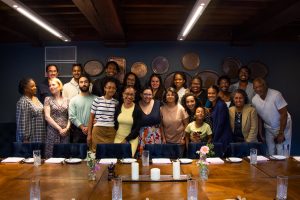
“Let’s have a conversation about the history of this department, whether it’s a diverse department, whether it’s been an all-white, all-male department, what that means when a person of color, or a woman, or a person of another sexual orientation who openly identifies lands in that department,” he says. “You might think I’m being very cordial to that person, but there might be what we call microaggressions. How conscious have you been that that person has been supported and welcomed into the unit?”
This isn’t necessarily something he would have thought of, let along suggested, prior to the summit, he says.
Working Toward a University as Diverse as the Community
Stewart says one of her biggest take-aways from the summer conference was hearing about the University of Nottingham’s experience in obtaining an Advance HE Race Equality Charter – sort of a racial equity accreditation process that happens every five years and looks at a school’s demographics, quality of experiences, and other benchmarks.
“It is one thing to read about this charter, but to hear from the players who made it happen was insightful,” she says. “We don’t have that in the U.S. and the Dutch don’t have that either, so it was fascinating to learn from our colleagues in the U.K.”
Stewart says she’s doing research on the experience of Black women faculty in seven countries, including the Netherlands and U.K., and notes they and the U.S. have few Black women who are full professors.
“That royal charter highlights the numbers of various marginalized faculty and students, how they are treated, and whether there are resources for them,” she says. “It really cuts across the complexity of a higher ed system and calls out the question: How closely does higher education, a microcosm of society, resemble the wider community?”
At UConn, Bradford says the University needs to prioritize the retention of faculty members of color.
“We’ve got to get our hands around what happens when you have 40% to 50% diversity in a student body and your faculty and staff do not represent that. What does that mean to a person in the classroom,” he asks. “We’re not going to change that overnight, so then how do we create structures and environments within which folks can be successful.”
